1,000 OFWs in UAE Test Positive for Cancer at a Yearly Rate
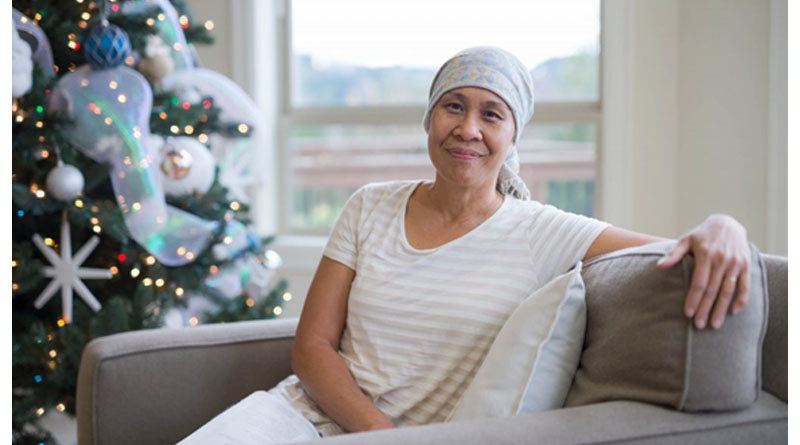
Image Caption: There is no precise data about the exact number per nationality, but we can say there are about 1,000 of Philippine origin.
by Jojo Dass
DUBAI: Every year, as many as 1,000 overseas Filipino workers (OFWs) in the UAE are being diagnosed with varying stages and types of cancer, oncologists told The Filipino Times. For women, breast cancer tops the list; lung cancer it is for men, the medical specialists said.
The alarming number gives weight to the widely accepted notion among experts that working away from home and loved ones – with the emotional and psychological stress it entail – plays a role in acquiring the dreaded disease.
Among cancer-related deaths in the Filipino community include one who died of advanced cancer of the lower uterus; the other, of breast cancer that had spread to multiple organs, said Dr. Balaji Balasubramanian, consultant surgical oncologist at NMC Hospital in Abu Dhabi, who also sits on the European Board of Surgery as diplomate and examiner.
“Both did not want to go back to the Philippines till the end,” Balasubramanian said.
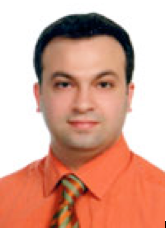
Dr. Mohanad Diab, head of medical oncology at NMC Hospital
Overall picture
Dr. Mohanad Diab, head of medical oncology at NMC Hospital in Abu Dhabi who also oversees patients in Dubai, Al Ain and Sharjah, provided a picture of the extent cancer has been creeping over UAE, saying: “Yearly, there are about 4,500 new cases.”
“There is no precise data about the exact number per nationality, but we can say there are about 1,000 of Philippine origin,” Diab said.
Most common types, said Diab, are breast cancer among women, followed by lungs, liver, cervix, thyroid, rectum and ovary, in that order.
For males, he said, number one is lung cancer, followed by liver, prostate, colon, rectum, non-Hodgkin’s lymphoma, which attacks the body’s immune system by destroying white blood cells; nasopharynx, which involves the upper part of the pharynx; and stomach, also in that order.
“Most cases are in advanced stage,” Diab said.
Breast cancer
Balasubramanian said Filipina breast cancer patients are notably young at between 30 and 45 years old compared to the global demographics of the disease, with most employed as in-house office employees.
“I personally feel that many of them are too young to have acquired breast cancer,” Balasubramanian said.
The cancer specialist said that most of the time, cases of breast cancers among Filipinas are detected in its early or intermediate stages, meaning I to III.
Diab said most cancer cases are registered in the young generation.
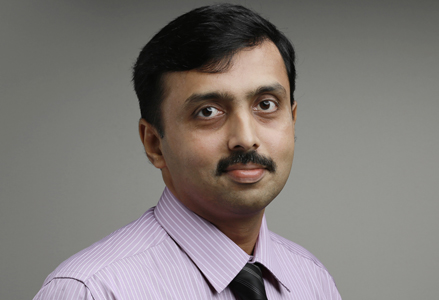
Dr. Arun Warrier, consultant at Aster Hospital oncology department
The burden of working abroad
Meantime, the findings that up to 1,000 OFWs are acquiring cancer every year helps give credence to the widely accepted notion among experts that working away from home and loved ones – with the emotional and psychological stress it entail – plays a role in acquiring the dreaded disease.
“It definitely may play a role. We usually speak of cancer as a multi-factorial disease,” said Dr. Arun Warrier, consultant at Aster Hospital’s oncology department.
“People who live away from home have sedentary and erratic lifestyles, which predispose them to all sorts of diseases including cancer. Late marriage, obesity, fatty diet are all risk factors in such a migrant population,” he explained.
Added Dr. Rebecca Oandasan-Desiderio, The Medical City Dubai CEO: “Sadness and stress will always cause negative effects on the total wellbeing of an individual and when that happens, the immune system also has lesser capability to fight disease and thus the person gets prone to ailments.”
She said people in these circumstances “can develop certain behavioral practices such as smoking, alcohol consumption, overeating and having not enough rest, which all can cause an increased risk of cancer.”
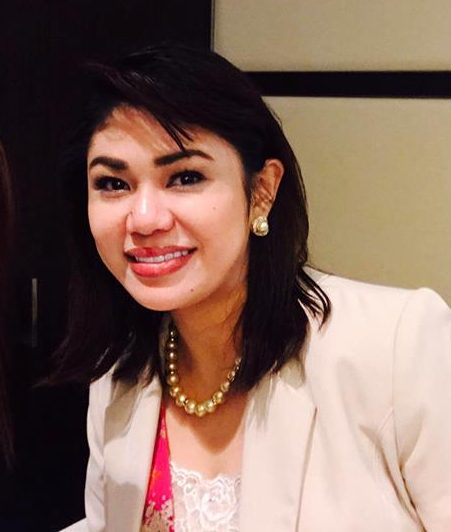
Dr. Rebecca Oandasan-Desiderio, The Medical City Dubai CEO
Alarming
There are some one million OFWs in the UAE, according to official statistics. Having 1,000 of them being diagnosed with cancer at an annual rate is a cause for concern, experts said.
All over the world, approximately 200 people in every population of 100,000 are diagnosed with cancer, Warrier said.
“One has to remember that two-thirds of all cancer cases are diagnosed in their 60s; and having 1,000 cases in a young, working, immigrant population (of OFWs) may still be above the projected numbers,” Warrier explained.
He said a breakdown of the age affected and types of cancer in Filipinos will help to put things in perspective.
“It is indeed alarming to see and diagnose Filipinos at a young age with advanced cancer,” for his part, said Prof. Dr. Iyad Hassan, consultant and head of general, endocrine and cancer surgery at Burjeel Hospital in Abu Dhabi.

Prof. Dr. Iyad Hassan, consultant and head of general, endocrine and cancer surgery at Burjeel Hospital
“Interestingly, we see an increase in pancreatic and thyroid cancer cases in Filipino demographics,” said Hassan, adding that this year alone, he treated four Filipinos – two males and two females – with neuro-endocrine tumors of the pancreas, whose ages range between 27 and 42 years.
Hassan said he finds the cases “very unusual, because this kind of cancer is a disease of old and aged persons.”
“But what’s more alarming,” he also stressed, “is that, Filipino patients who were diagnosed with thyroid cancer are already in their advanced stages when they consulted me.”
Hassan said he has gathered and analyzed his clinical data of cancer patients and found that majority of them are Filipinos.
Putting it on a global scale, Warrier said breast cancer is the most common cancer among females while prostate cancer it is for men. “Lung cancer rates are also high due to smoking. Hepatitis infection and alcoholism leading to cirrhosis are main causes of liver cancer,” he said.
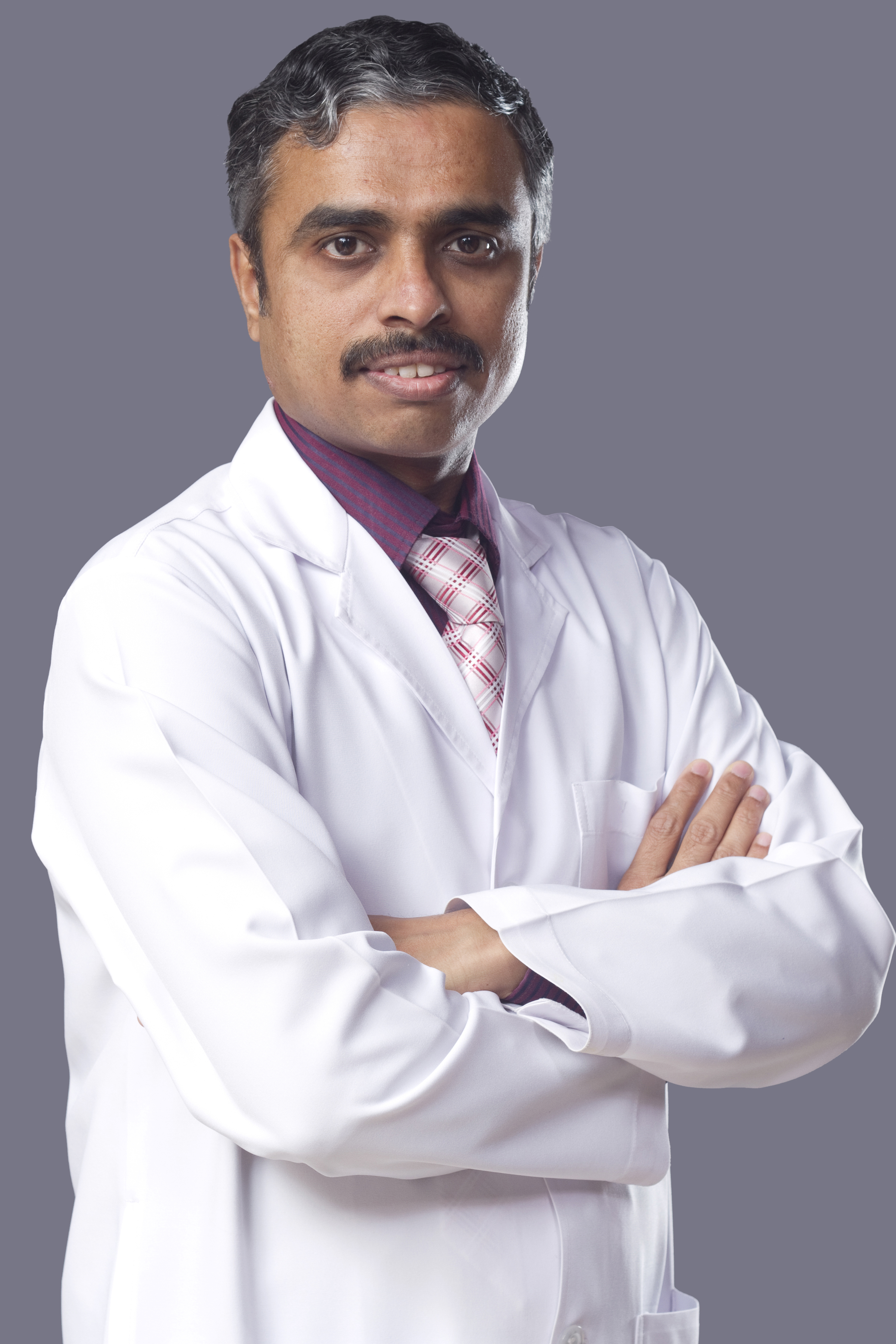
Dr. Balaji Balasubramanian, consultant surgical oncologist at NMC Hospital
Financial
Balasubramanian meantime said the patients “rarely need financial assistance” as insurance has them covered; and “very, rarely they have risk of losing the job” because of government-employer support programs.
“In cases where the insurance does not cover, we assist the patients in getting financial assistance from charitable organizations like Red Crescent, Friends of Cancer (patients) and other philanthropists,” Balasubramanian said, adding that they also work on having concessions with the hospital management and assistance from the employer.
Diab also offered this proposal: “If each Filipino in UAE will pay Dh20 per year to the embassy for cancer treatment, it will be a huge amount and can cover any Filipino who needs a treatment financial support.”
Balasubramanian said Filipino patients in their hospital are “very cooperative and doing well.”
“I am very comfortable in treating Filipino cancer patients. They are reasonably motivated well. They follow as per guidance and make us comfortable in getting the best result,” he said.
Diab said the largest number of their cancer patients are Filipinos. “In many instances, we provide them services and treatments free of charge,” he said.
‘Be positive and don’t ever lose hope.’
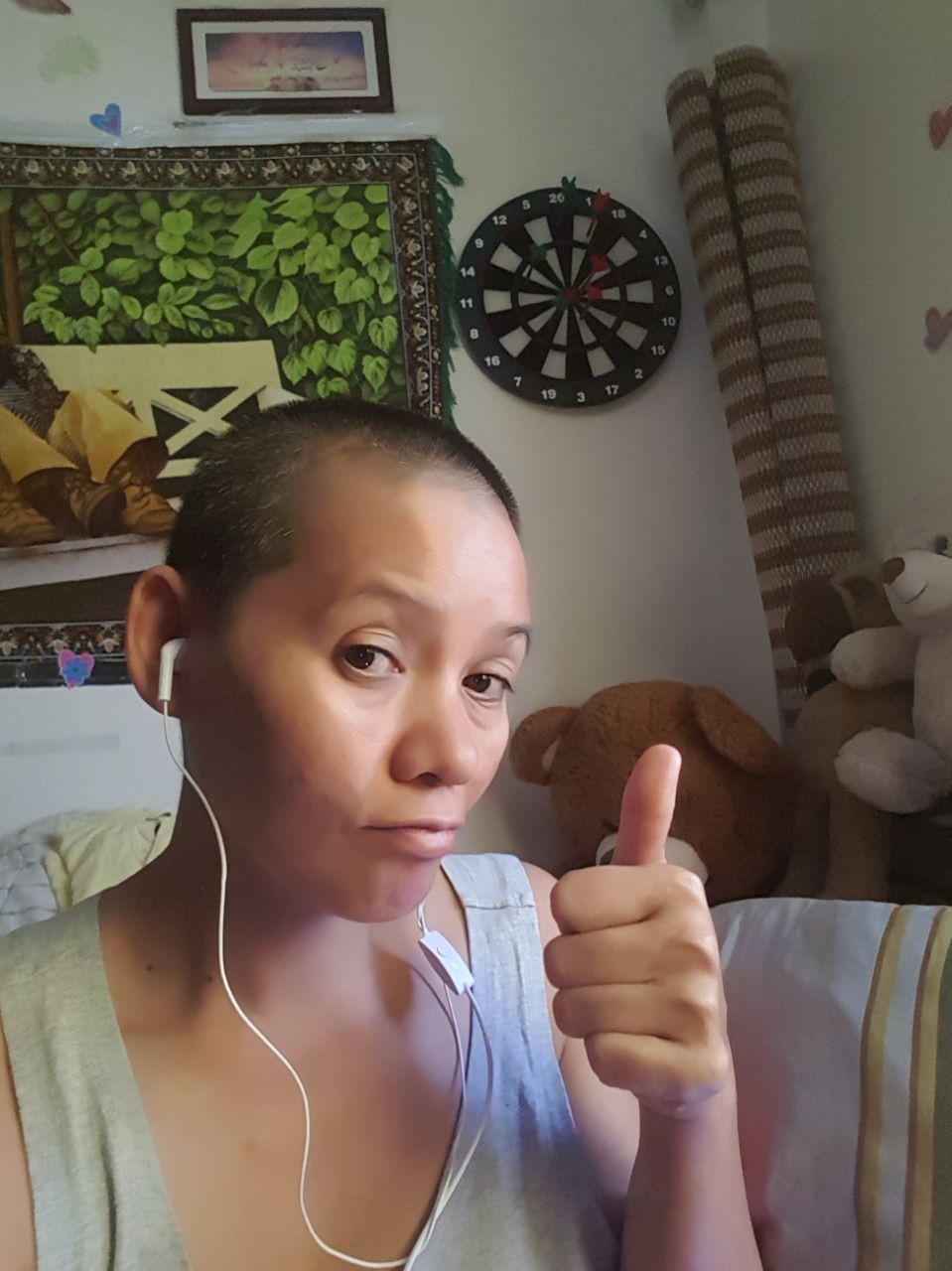
Megs Vanli
It must have felt like the floors gave way and the world fell when Meguela “Megs” Vanli, then 40, learned she has Stage I cancer in November 2015.
“I never thought I would have cancer,” she said. “I couldn’t believe it. I exercise a lot. I do kickboxing and participate in sports events. I never get sick, ever.”
Vanli has undergone chemo therapy and is on supplement medication. “I am looking forward to my full recovery,” she said.
Cancer patients usually undergo psychological and emotional stress. It took Vanli a year to face up to her ordeal. “I never think negative,” she said. “I joined and made myself busy with dragon boat racing for almost a year before I accepted the fact (that I have cancer) and did my treatment,” she added.
These days, Vanli says she patiently follows doctors’ advice, trying to live a normal life. “It hurts a bit knowing I have cancer but I take comfort in learning about it early in the day, confident that I will survive and continue on with my life,” she said.
To fellow cancer patients, here are Vanli’s words: “Just be strong. Be positive and don’t ever lose hope.”
‘Negativity brings down our immune system’
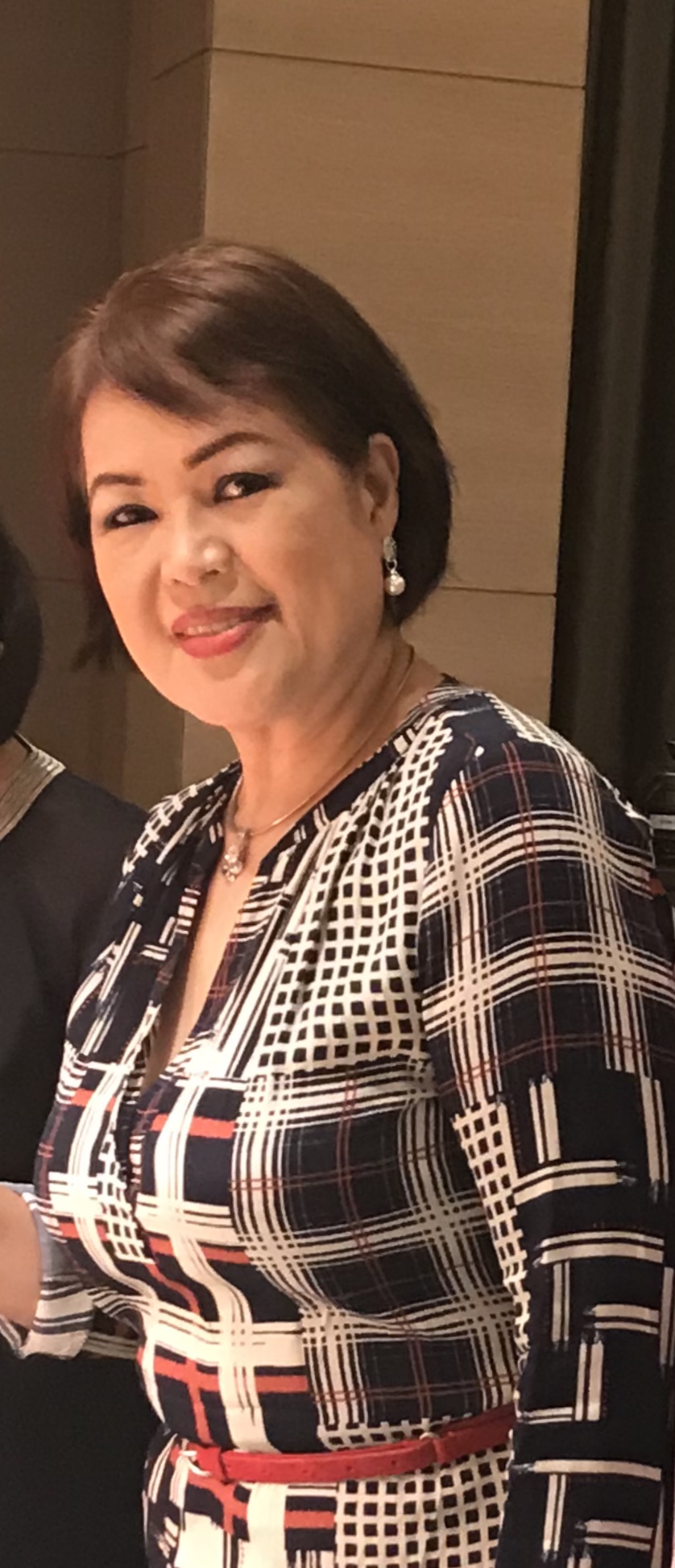
Nanny Monteiro
“When my doctor told me I have breast cancer, it took me sometime to absorb what he said. So many things flashed in my mind, so many how and why and what if,” recalls Nanny Monteiro.
“But one thing though, I never questioned God’s will to have this dreaded disease. I told myself, I will go and fight this battle with God on my side. The cells in our body react everything what our mind says, negativity brings down our immune system, that’s why I’m optimistic that I will win this battle and I’m waiting for my doctor to declare that I’m cancer free,” she added.
Monteiro, diagnosed with Stage I breast cancer in December 2013, said it all started one day when she noticed a vague lump in her left breast, painless and static in size.
“I was not worried as there was no history of breast cancer in our family,” said the 52-year-old mother of three girls now in their 20s. She underwent lumpectomy on Jan. 30, 2014; 35 sessions of radiotherapy and 12 cycles of chemotherapy. Monteiro is currently on Tamoxifen.
‘My family was very worried (and) asked me to go back to Manila’
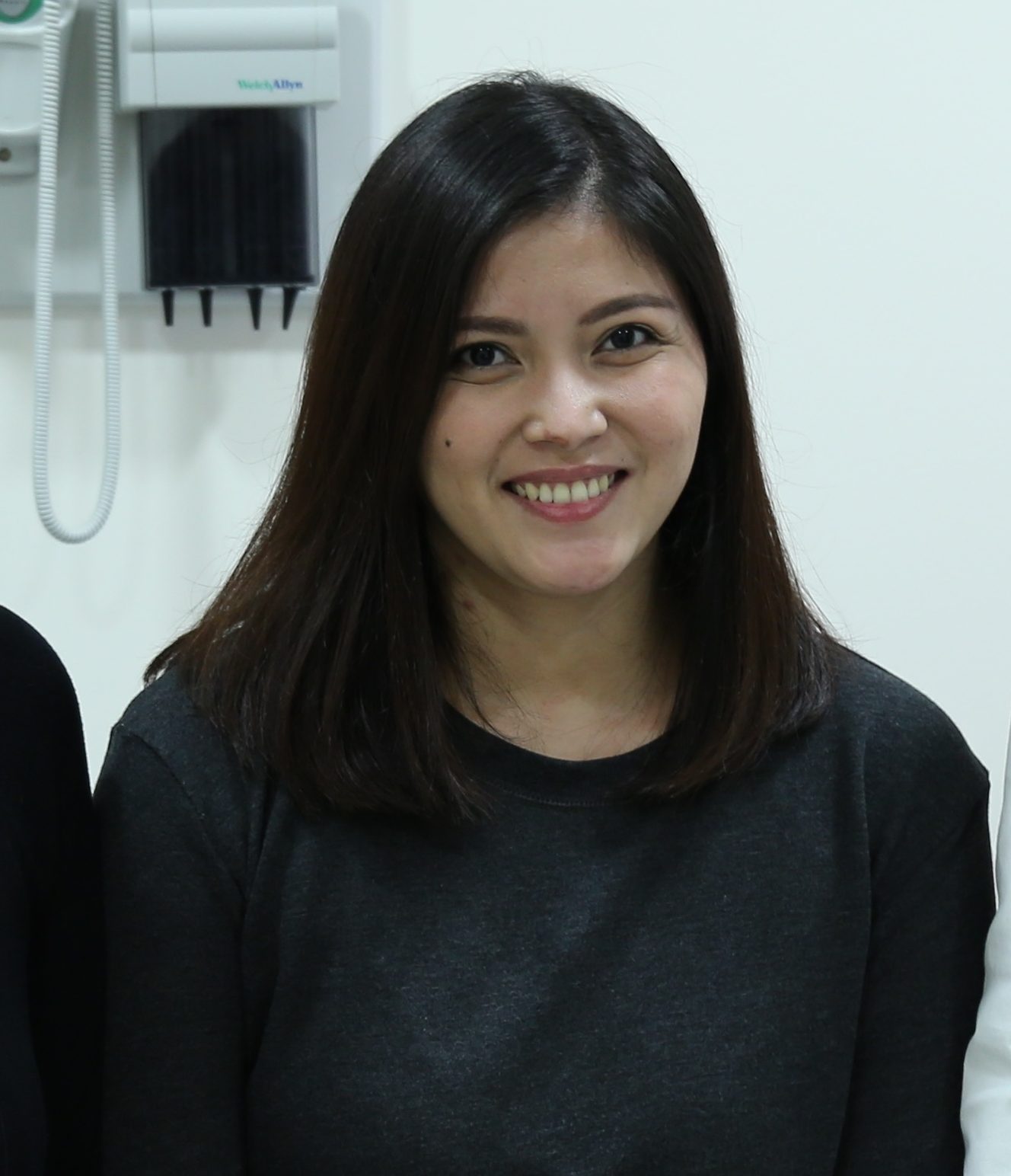
Marris Hernandez
Complex surgery saves life of expat with rare cancer
Unbeknownst to her, 27-year old Marris Hernandez, a banker from the Philippines, had a neuro-endocrine cancer of the pancreatic head.
“At first I felt pain in my lower abdomen, so I immediately visited a private hospital in Abu Dhabi. They had me on ultrasound, but the doctors did not find anything relating to the pain, only gallstones. Later on, they ran series of tests, they found a tumor in the head of my pancreas,” said Hernandez. She was admitted to the hospital to remove the stones that may cause jaundice. At the same time, some part of the tumor was taken for examination.
“However, I didn’t feel too well after the procedure and felt bloated and vomited too”, said Hernandez
After a week, it was confirmed that she had a 4-5cm size tumor which could only be removed by an open complex surgery called Whipple procdeure.
“When I learned about my condition, I discussed it immediately with my relatives. They advised me to take a second opinion,” said Hernandez. “They were very worried. They even asked me to go back to Manila and get my treatment done there.”
Doctors at the hospital said Henandez’ case was very serious because it is an extremely rare cancer, usually found in people of older age. The cancer is also hard to diagnose as it presents itself with symptoms usually associated with kidney stones.
In a standard Whipple procedure, the surgeon removes the head of the pancreas, the gallbladder, part of the duodenum which is the uppermost portion of the small intestine, a small portion of the stomach called the pylorus, and the lymph nodes near the head of the pancreas. The surgeon then reconnects the remaining pancreas and digestive organs so that pancreatic digestive enzymes, bile, and stomach contents flow into the small intestine during digestion. The Whipple procedure can take several hours to perform and requires great surgical skill and experience. The area around the pancreas is complex and surgeons are often challenged by variation in the arrangement of blood vessels and ducts.
When the Whipple procedure was introduced, surgeons were hesitant to utilize the technique due to high mortality rate. In the 1970s, up to 25% of cases failed during the surgery or shortly thereafter. Since then, improvements in diagnosis, staging, surgical techniques, anesthesia, and post-operative care have reduced the short-term death rate to less than 4% in large hospitals with experienced surgeons.
But mortality rate can still go above 15% if treated at small hospitals or by less experienced surgeons. The Whipple procedure continues to be one of the most demanding and risky techniques, so the American Cancer Society recommends consulting specialized hospitals that perform frequent pancreatic surgeries.
“I am very grateful for the efforts taken by the medical team at Burjeel Hospital. I had almost given up hope after receiving alarming news from the previous hospitals. Words cannot express my appreciation for this second chance at life,” said Hernandez.
Avoiding cancer? Get more sun. UAE has lots of it!

Ironic as it may sound, your preference to stay out of the sun may actually be doing you more harm than good – increased risk of cancer, also known as the Big C, for one.
Women who lack vitamin D may be at greater risk for the most aggressive breast cancer and expect a poorer prognosis, according to a study from the University of Rochester Medical Center, one of the first to examine vitamin D and breast cancer progression.
Researchers found that cancers known to be more aggressive, such as triple-negative tumors, correlated with low vitamin D levels. Triple-negative cancers are often associated with younger women and minority women, said an article about the study as published by Cancer Treatment Centers of America on its webpage.
Another study, presented at the American Society for Radiation Oncology (ASTRO), showed that more than three-fourths of people with a variety of cancers have low levels of vitamin D, and the lowest levels are associated with more advanced cancers.
Vitamin D is found in fatty fish, milk, and fortified cereals. It is also obtained by exposure to sunlight. So who could be prone? People who works in air-conditioned offices with tinted windows, which fits a profile by Dr. Balaji Balasubramanian, consultant surgical oncologist at NMC Hospital in Abu Dhabi, who said Filipina breast cancer patients are notably young at between 30 and 45 years old with most employed as in-house office employees
Most Pinoys with cancer fear losing jobs
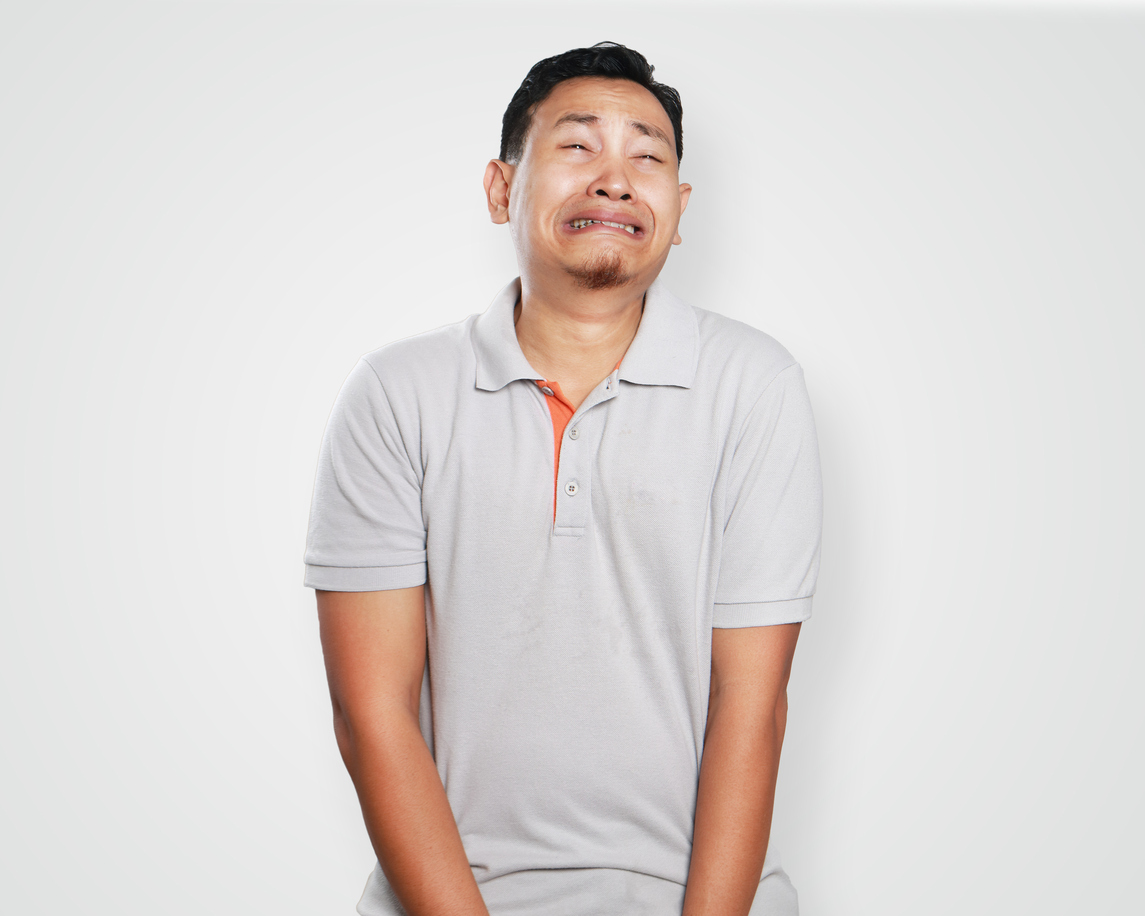
Many Filipino patients who are diagnosed with cancer are seeing doctors in the late stages of their conditions, said Prof. Dr. Iyad Hassan, consultant and head of general, endocrine and cancer surgery at Burjeel Hospital in Abu Dhabi.
“Most of them worry about their jobs more than they worry about their health,” he lamented.
This, he said, explains why there is a high probability that they do not complete the whole treatment procedure. He said it is important to remember that cancer treatment is multimodal and cannot be treated by surgery alone. Regular follow-up consultation with doctors, regular tests, and compliance with the treatment plan are mandatory in order to fully treat the condition, he said.
(Source: FilipinoTimes.net)



